Responses to Dabru Emet from the United Kingdom: Teaching the Next Generation of Christian Leaders
by Edward Kessler
Ed Kessler with Cambridge Theological Federation students. Photo courtesy of Cambridge Theological Federation.
Since its publication in September 2000, I have included Dabru Emet each year as a key text in the curriculum for Christian students undertaking theological education at the Cambridge Theological Federation (CTF). CTF is an ecumenical partnership of eleven institutions training more than 300 students annually from a wide range of Christian denominations, primarily Anglican, Orthodox, Reformed, Methodist, Lutheran, and Roman Catholic.
Students’ views on Dabru Emet shed light on the attitudes of the next generation of UK Christian leaders, some of whom are already bishops and taking senior positions in churches. I will briefly discuss which aspects of Dabru Emet students tend to see as most significant, as well as some criticisms and omissions which, in their view, could be included in a ‘second edition.’
The largest proportion of students identified Dabru Emet’s claim concerning the Shoah (“Nazism was not a Christian phenomenon”) as its most challenging and courageous assertion. Having learned about the Christian contribution to antisemitism earlier in their studies, students expressed concern that some Christians might feel exonerated by this claim, and that genuine reconciliation between Judaism and Christianity still had some way to travel. For others, the claim compelled them to ask a question they had never considered before: to what extent was Nazism a direct outcome of Christianity? Dabru Emet addressed this concern but, in my view, students were left rightly troubled by the connection.
There is widespread recognition that the Shoah was the major cause of change in Christian–Jewish relations. In students’ view, before genuine dialogue could begin, Christians had to acknowledge the history of the Church and its attitude toward Jews, including a proper appraisal of Christian antisemitism, anti-Judaism, and the significance of the Shoah. Dabru Emet was gratefully welcomed by students as a recognition by Jews that Christians:
recognized that the roots of antisemitism lay deep within the Christian tradition; and
were sincere in re-examining the Christian sources of the ‘teaching of contempt’ and its repudiation.
For my part, I feel the need to remind these future faith leaders that if Christian soul-searching in the aftermath of the attempted destruction of European Jewry led to a new approach and a revision of traditional anti-Jewish teaching, so much the better. However, the future of Christian–Jewish relations could not be built on the foundations of guilt. The sense of guilt is transient and does not pass to the next generation. Moreover, it is unstable, inherently prone to sudden and drastic reversal.
The paragraph that generated most difficulty and criticism concerned Israel, especially the omission of the term ‘Palestinian.’ A common response to “Christians can respect the claim of the Jewish people upon the land of Israel” was, “What about the Palestinians, and why haven’t they been mentioned?” Unsurprisingly, this criticism has increased in intensity in recent years.
Whilst there is general agreement that the churches recognized and sought to overcome antisemitism, attitudes toward the Land and State of Israel remain varied. Indeed, classroom discussions symbolized not only tensions within Christian–Jewish dialogue but also within Christian ecumenical relations (once again mirroring intra-Jewish debate). Simply put, it has been easier for Christians to condemn antisemitism as a misunderstanding of Christian teaching than to come to an agreed-upon position regarding the Jewish State. Much time was devoted, firstly, to finding a way to express support for Palestinians (or to criticize the policies of the state of Israel) without falling into antisemitic tropes and, secondly, to answering why it was rare to find Christian organizations, as well as Jewish, that were both pro-Palestinian and pro-Israeli.
Students were asked to consider what else was omitted from Dabru Emet. One topic was raised above all others: the lack of recognition of the significance of ‘Jesus the Jew,’ even though this had been widely present in scholarship, as well as commonly discussed in Christian–Jewish dialogue, well before 2000. This omission ironically mirrors, as one student pointed out, the way that Christians have historically ignored the Jewishness of the first Christians. Students were also surprised to learn that, for some Jews, it was still too controversial to read about Jesus in such positive terms.
Students also debated the accuracy of Dabru Emet’s depiction of Christianity, pointing out, for example, that the divinity of Christ might have been too challenging to address in Dabru Emet.
A similar point was made about the assertion that Christians sought authority from what they called the Old Testament, without recognition that the New Testament was of greater significance. Thus, some students propounded the trinitarian argument that Christians didn’t “know and serve God through Jesus Christ” (as the sixth claim in Dabru Emet stated), but rather that Jesus Christ was actually God.
One Baptist student summarized this view by stating that he would have preferred Dabru Emet acknowledge that Jews might not accept the divinity of Jesus (which might compromise the integrity of Jewish monotheism), but he would have hoped it might have been acceptable for Jews to state they understand that Christians believe this. In other words, accept that Christians were different theologically, but that their desire for justice and peace was the same.
Whilst it may still be too early to evaluate the long-term impact of Dabru Emet, these future Christian leaders welcomed the statement as an enormously generous Jewish response to the modern transformation in Christian understanding of Jews and Judaism and recognized its contribution to Christian self-understanding, demonstrating the continuing intimacy and intricacy of the Christian–Jewish relationship.
Edward Kessler, Ph.D., is the Founder of The Woolf Institute and a leading thinker in interfaith relations, primarily Jewish–Christian–Muslim relations. He is a Fellow of St. Edmund’s College, Cambridge, as well as a Principal of the Cambridge Theological Federation. Twitter: @kessler_ed.

